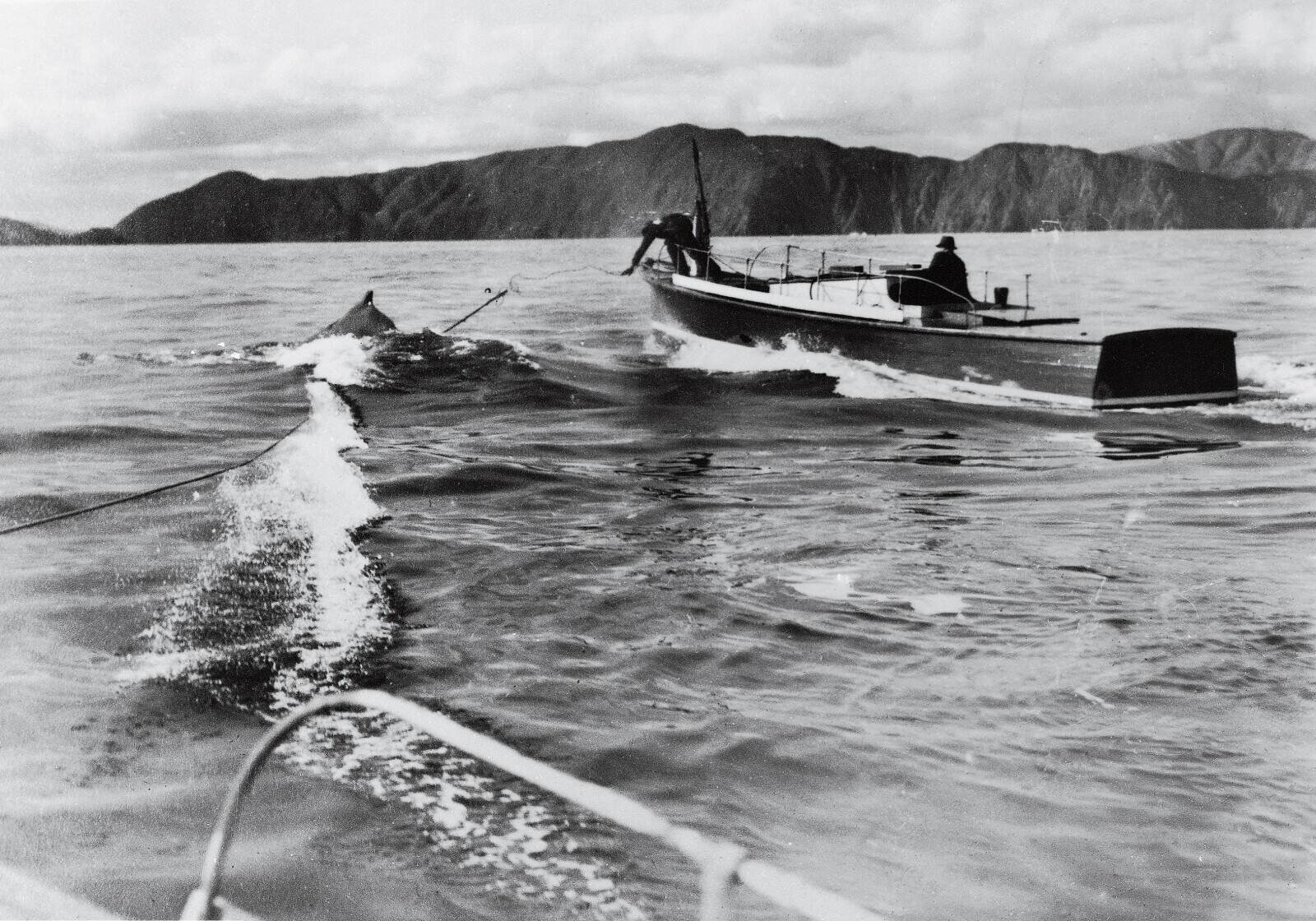Massachusetts’s Maritime Whaling History Revealed

Have you ever wondered about the rich maritime history of Massachusetts? This state, known for its coastal beauty, played a significant role in the whaling industry. During the 19th century, Massachusetts was the heart of American whaling. Towns like New Bedford and Nantucket became bustling hubs where whaling ships set sail to hunt these giant sea creatures. Whaling wasn't just about the thrill of the chase; it provided valuable resources like oil for lamps and baleen for various products. Today, you can still see remnants of this fascinating past in museums, historic sites, and even old whaling ships. Dive into Massachusetts's maritime whaling history and discover a world where adventure met industry on the high seas.
Massachusetts: A Whaling Hub
Massachusetts holds a rich maritime history, especially in whaling. This state was once the heart of the whaling industry, with its ports bustling with activity. Let's dive into some key places that tell the story of this fascinating era.
New Bedford Whaling Museum
New Bedford, known as the "Whaling City," is home to the New Bedford Whaling Museum. This museum offers an in-depth look at the whaling industry and its impact on the region.
- New Bedford Whaling Museum: This museum houses the world's largest collection of whaling artifacts. Visitors can see everything from harpoons to scrimshaw, and even a half-scale model of a whaling ship.
Nantucket Whaling Museum
Nantucket was another major player in the whaling industry. The Nantucket Whaling Museum provides a glimpse into the island's whaling past.
- Nantucket Whaling Museum: Located in a restored 1847 candle factory, this museum features exhibits on the island's whaling history, including a massive sperm whale skeleton.
The Whaling Church in Edgartown
Edgartown on Martha's Vineyard also played a significant role in whaling. The Whaling Church stands as a testament to the town's prosperous whaling days.
- The Whaling Church: Officially known as the Old Whaling Church, this historic building was constructed in 1843. It served as a place of worship for many whaling captains and their families.
The Seamen's Bethel in New Bedford
Seamen's Bethel is another iconic site in New Bedford, offering a spiritual haven for sailors.
- Seamen's Bethel: This chapel, built in 1832, is famous for its "Whaleman's Chapel" mentioned in Herman Melville's "Moby-Dick." The interior features cenotaphs honoring whalemen lost at sea.
The Rotch-Jones-Duff House and Garden Museum
This historic house in New Bedford offers a glimpse into the lives of wealthy whaling merchants.
- Rotch-Jones-Duff House: Built in 1834, this Greek Revival mansion was home to three prominent whaling families. The museum showcases period furnishings and beautiful gardens.
The New Bedford Whaling National Historical Park
This park preserves the history and culture of the whaling industry in New Bedford.
- New Bedford Whaling National Historical Park: This park includes several historic buildings, cobblestone streets, and a visitor center with exhibits on whaling history.
The Martha's Vineyard Museum
Martha's Vineyard also has a rich whaling history, which is well-documented at the Martha's Vineyard Museum.
- Martha's Vineyard Museum: This museum features exhibits on the island's maritime history, including whaling artifacts and stories of local whalemen.
The Sag Harbor Whaling and Historical Museum
While not in Massachusetts, Sag Harbor in nearby New York also played a role in the whaling industry and is worth mentioning.
- Sag Harbor Whaling and Historical Museum: This museum offers a broader perspective on the whaling industry in the Northeast, with exhibits on whaling ships, tools, and the lives of whalemen.
The Whaling Merchant's Homes in New Bedford
New Bedford's historic district is filled with beautiful homes once owned by wealthy whaling merchants.
- Whaling Merchant's Homes: These grand homes, built in the 19th century, reflect the wealth and influence of New Bedford's whaling merchants. Many are now private residences or bed-and-breakfasts.
The Whaling Artifacts at the Peabody Essex Museum
The Peabody Essex Museum in Salem also has an impressive collection of whaling artifacts.
- Peabody Essex Museum: This museum features a vast collection of maritime artifacts, including whaling tools, ship models, and scrimshaw.
The Legacy of Massachusetts's Whaling History
Massachusetts's whaling history is a rich tapestry of adventure, innovation, and cultural significance. Towns like Nantucket and New Bedford were once bustling hubs of the whaling industry, shaping the state's economy and identity. The Whaling Museum in New Bedford offers a deep dive into this fascinating past, showcasing artifacts, stories, and the impact of whaling on global trade.
Today, the legacy lives on through preserved ships, historical sites, and educational programs. These efforts ensure that future generations understand the importance of whaling in shaping Massachusetts's maritime heritage. Whether you're a history buff or just curious, exploring this aspect of Massachusetts provides a unique glimpse into a bygone era that helped shape the modern world.
Plan a visit to these historic sites to truly appreciate the depth and breadth of Massachusetts's whaling legacy.

